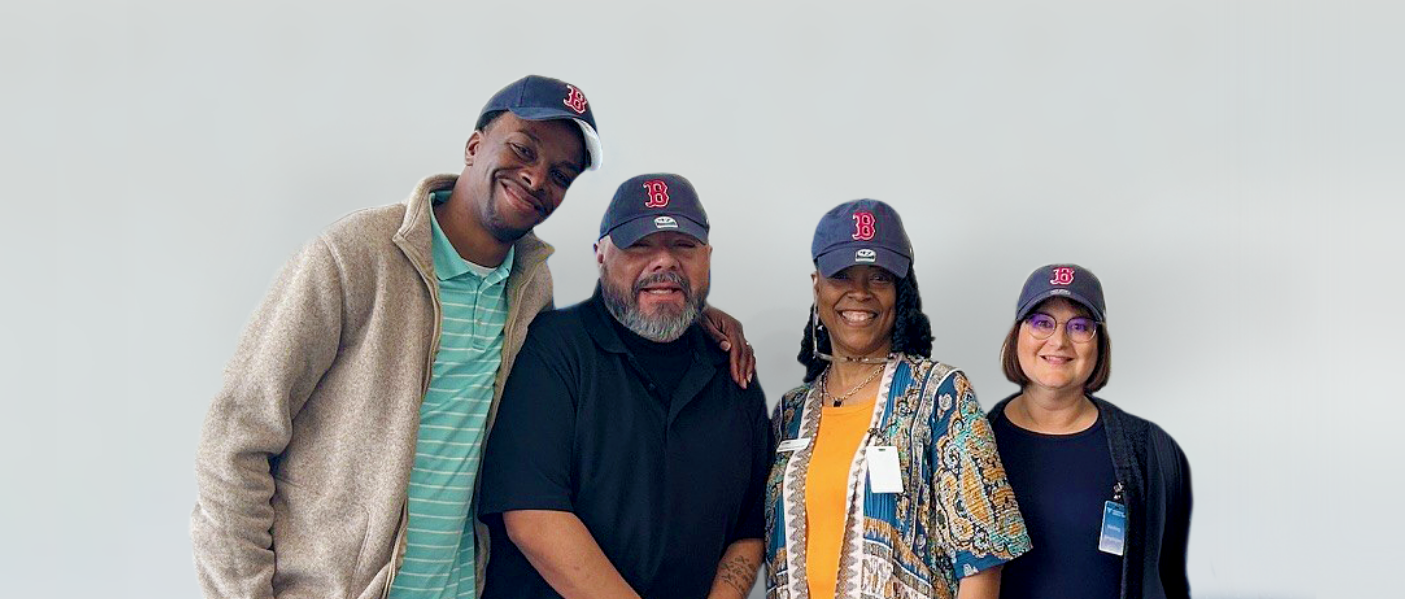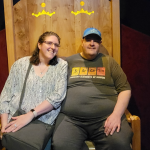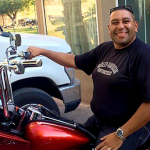Patient Consultants Are All Heart,
All Ears, and All In
If you were planning your first-ever trip to the Hawaiian Islands and needed a tour guide, who would you trust most?
A. Ralph, your friend with the giant Hawaiian shirt collection.
B. Your aunt Kathy, who once visited Honolulu.
C. A lifelong resident and native of Oahu, the state capital.
Obviously, “C” is the best option! Given their knowledge of the region and culture, this person will likely provide the most accurate and detailed information.
If you’re exploring dialysis therapy options, the same thought process can apply. You want to talk to someone with firsthand knowledge. Someone who’s been in your shoes – and chair. For home hemodialysis (HHD) with NxStage® systems, those “someone’s” are called Patient Consultants (PCs). All have personal experience with HHD and are compassionate people ready to listen, inform, and support you.
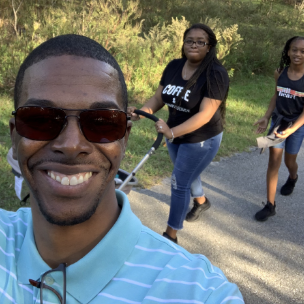
As PCs, we use our past experience to help educate patients about home dialysis options, benefits, and drawbacks,” says Donald, who received a transplant in 2016. “We have real experience, over just awareness and knowledge.
Don’s PC colleague Chelsea has lived with kidney disease since birth. Now transplanted, she believes patients talking to patients can help everyone. “As a patient myself, peer-to-peer education helps me learn and to teach others something new every day. It’s constant learning,” she says.
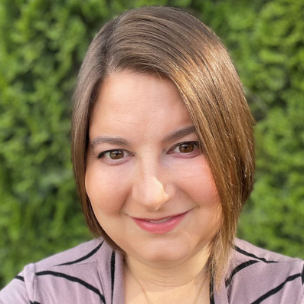
Whether you’re new to therapy or considering a new modality, dialysis comes with questions, fears, and uncertainties. PCs know that. They’ve lived it. So, beyond treatment information, they offer patients courage and hope for the future.
I’ve had calls where the patient is ready to give up and I’m able to share how I got over the feeling,” explains Tangela, a mother of two who received a transplant in 2012. “A lot of them contact us when they face difficulty. We help calm them down and end the call with them in a better mindset.
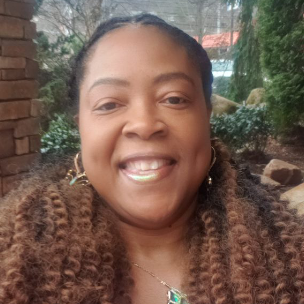
“Especially with new Chronic Kidney Disease (CKD) patients, they’re extremely scared of the unexpected,” Don explains. “Talking with a PC is an opportunity to speak with someone that’s not only been in their shoes but is now thriving in them.”
Don says self-cannulation (inserting your own needles) is one of the most common fears for potential HHD patients, but when it comes up, he knows just what to say.
I reassure them it’s ok to be scared, because I was, and they can get over that fear too,” he explains. “With more experienced (in-center) dialysis patients, I remind them their favorite tech or nurse knows just where to place those needles and give them confidence that they can be that person for themselves. Hearing that message is extremely empowering.
Chelsea is living proof that End Stage Kidney Disease (ESKD) patients can continue to pursue their passions, which for her include travel, working out, spending time with her husband, blogging, and patient advocacy. She says one of the best parts of being a PC is reassuring patients that ESKD is not the end of life as they previously knew it.
It doesn’t have to be that way!” she says confidently. “Many people live healthy, normal lives on dialysis – or wherever they are on their journey.
Another misconception PCs strive to dispel is that HHD may be too complicated and therefore may not be an option for some patients who are interested.
“HHD isn’t for everyone, but many who won’t give it a shot would probably love this therapy, and that makes me sad for them,” says Don. “I try to help more patients be more open-minded about their dialysis options.”
Unfortunately, it’s not just patients who are hesitant. Even doctors have false impressions, something PCs want to change.
“A lot of viable HHD candidates are overlooked due in part to an image in the physician’s mind of the perfect home dialysis patient,” says Don. “There needs to be a lot more physician education on identifying viable patients.”
Chelsea believes there’s a simple solution to this problem … “every patient should be seen as an ‘ideal’ home patient until it’s proven they aren’t. Everyone should get a chance to explore this option.”
A big part of every PCs day is communication. That means reading and answering emails, making and taking phone calls, replying to social media questions and requests, and following up with patients already starting their HHD journey.
Once a patient decides to try HHD, another role PCs play is helping them connect with doctors, home training teams, and other healthcare professionals who can get them started.
After a potential HHD patient informs the PC they’re ready to move on to the next step, the PC puts them in contact with the most appropriate healthcare professional for them and their situation,” says Don. “It could be the home program manager, a training nurse, a Kidney Care Advocate, a social worker, or a dietitian.
“Patients may not know what to do or could feel uncomfortable telling their care team they are interested in home therapies,” Tangela says. “Having a PC perform the introduction facilitates the beginning of the relationship and the shared goal of the patient going home.”
If you’d like to speak with a Patient Consultant, there are several ways to reach out.
- Call 1-888-200-6456
- Text “INFO” to 1-844-620-2267
- Visit talk to a patient consultant
Not all patients may experience these benefits.


